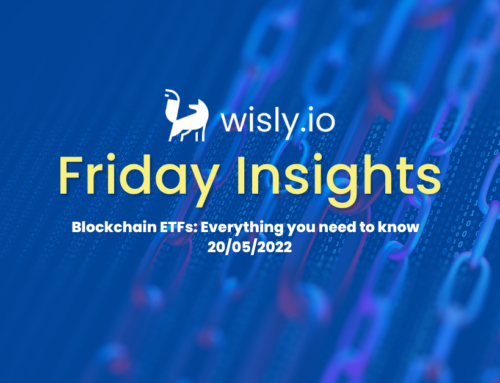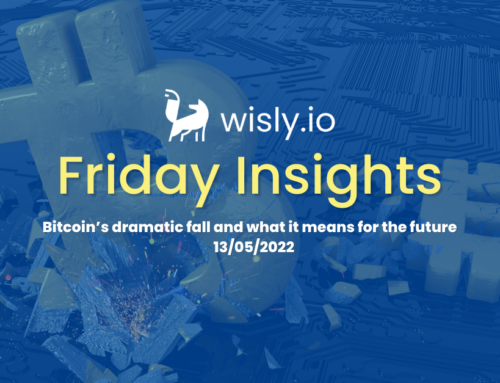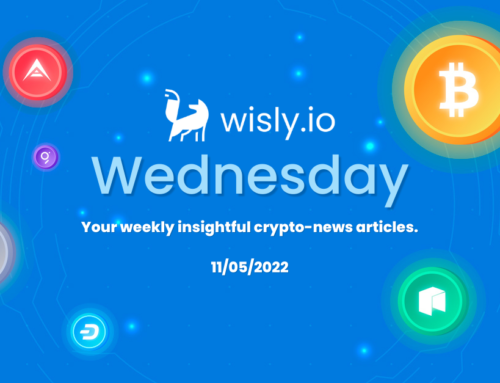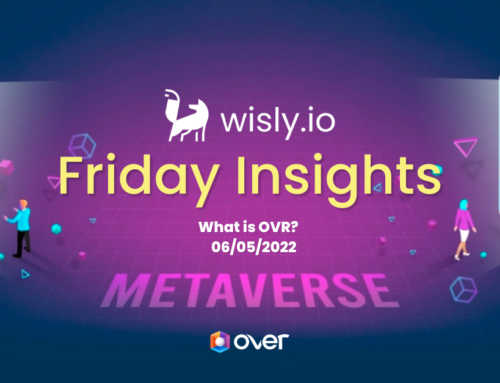Non-fungible tokens, commonly referred to as NFTs, are digital tokens that are underpinned by blockchain technology and represent something unique or of a limited edition – the hottest thing on the crypto market. NFTs are primarily digital artworks whose origin and ownership can be easily verified through unique identifying codes.
NFTs are bought and sold online with cryptocurrency and allow people to tokenise things like art, collectibles, and real estate. They will only ever have one owner at a time, and that record of ownership can never be amended – making it a lucrative industry for those who want to sell unique digital assets online.
By creating NFTs, creators can verify its scarcity and authenticity to almost anything that is digital. Although there’s no guarantee that buying an NFT will bring you untold riches, they remain an extremely attractive investment option, especially for those investors who want to diversify their portfolios.
NFTs are a novel way to own possession in the virtual realm and can communicate social status and personal taste – sort of the digital equivalent to expensive physical items that one would normally buy. It, therefore, comes as no surprise that NFT’s recorded a transaction volume of over $3.4 billion in August this year – a clear indication of its growing popularity.
Different NFT Use Cases

While NFTs are typically used as a certificate of authenticity for digital artworks, there has been a rapid evolution in the way that they are used – allowing access to VIP perks and exclusive content, rights to certain assets, and proving ownership. With that being said, let’s explore some exciting use cases of NFTs.
Location-Based
A new trend has emerged where visitors at famous locations have access to NFTs. Landmarks, museums, and galleries have started to realise how lucrative NFTs can be for both attendees and the location – pouncing on the opportunity to further their interests.
At the Bright Moments NFT Gallery, for instance, visitors were given access to mint a CryptoVenetian and subsequently received access to drops as well as exclusive benefits. This initiative proved to be productive as Venetians were made available on the secondary market with the largest sale amassing 20ETH – incredible!
Real Estate
Physical real estate opportunities leverage NFTs for greater efficiency and encourage new dawn for property ownership – trustless property titles. Property transfers are traditionally a time-consuming and labour-intensive affair that requires title management. By using blockchain technology and NFTs, real-world real estate companies can easily verify ownership history and check titles.
Things appear to be changing as NFTs are now connecting with physical properties to enable straightforward usage and easy collateral. Some real estate companies are now offering transaction platforms where each NFT comes with access to paperwork that is already ownership transferred – truly amazing!
In the virtual realm, digital real estate applications are increasing in popularity in games like Decentraland, where users create and buy virtual land – with the owners and original producers easily identifiable.
Virtual real estate NFTs can be exchanged on NFT marketplaces with transactions that are far more transparent and efficient than traditional real estate transactions. The details of virtual real estate owners are recorded on a decentralised ledger through an NFT as opposed to traditional title deeds.
Domain name ownership
By taking advantage of blockchain domain systems, owners have the ability to control their domains through the use of private keys. Blockchain domain NFTs allow for effortless trading and customisable domain names. In addition, blockchain domain names are recorded permanently on a public registry – meaning they cannot be altered or removed by third parties.
Supply chain and logistics
NFTs are particularly helpful in supply chain and logistics processes – especially when it comes to authenticating products, ensuring the quality of products, and verifying the origin of specific products. Therefore, it makes perfect sense to leverage NFTs for logistics applications when considering their transparency and immutability – a sure way to keep supply chain information reliable and authentic.
NFT technology drastically reduces counterfeiting, which helps trace the movement of goods throughout the supply chain lifecycle, assuring uniqueness. In addition, NFTs helps provide accurate information on materials and components for specific products for the automotive industry – a brilliant way to save on costs.
Music
Just as one can attach image or video files, musicians and artists can attach audio pieces to NFTs to create collectibles – akin to a first edition digital record. Through this, musicians and artists are able to profit from their content and won’t have to rely on third-party services to promote their work. Moreover, they can earn royalties whenever their work is resold to a new owner, while each owner will be able to trace that content back to its creator – unbelievable!
Final Thoughts
When considering that the trading volume of NFTs surged in the third quarter of 2021 to $10.67 billion – a whopping 704% increase from the previous quarter – according to a recent report from analytics platform, DappRadar, there’s every reason to believe that NFTs will become more mainstream as blockchain technology evolves.
We haven’t even touched on the impact of NFTs on healthcare, sports, fashion, events and ticketing, to name a few – the possibilities are truly endless. With so much of our waking hours spent online, everybody will want to own their own unique digital assets to flaunt – perhaps for gaming, art, or simply to use in a metaverse somewhere – NFTs certainly appear to have a bright future and one that we all should be a part of.
You should approach NFT’s as you would with other cryptocurrency investments and proceed with an element of caution. Make sure to do your research and understand all the risks before committing to any NFT, and only commit funds that you are prepared to lose – in a worst-case scenario. Good Luck!
It is important to note that investing in NFT’s is a risky and highly speculative proposition. This article does not provide recommendations, advice or guidance regarding NFT investments but is rather our opinion on such activities. Investors must conduct their own research and engage in the services of qualified professionals before making any financial and/or cryptocurrency investment decisions. We do, however, recommend established platforms like Wisly to monitor and analyse your NFT and cryptocurrency investments.




